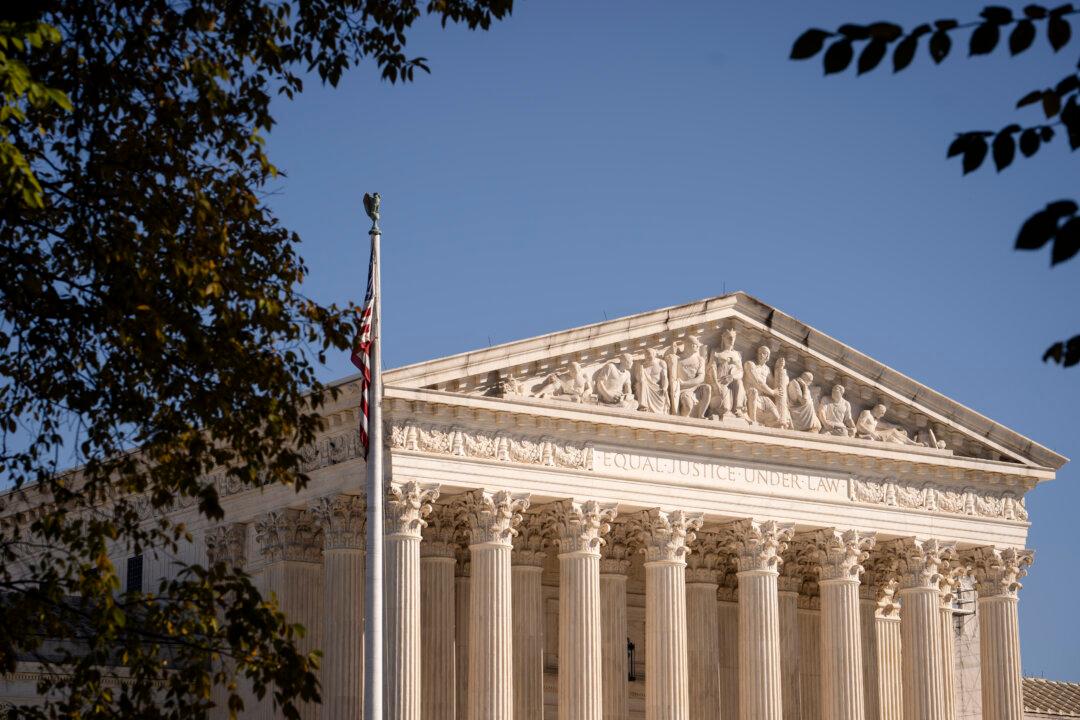The Supreme Court is set to hear oral argument on Dec. 4 over whether Tennessee violated the Constitution by banning so-called “gender-affirming care” for minors.
The Biden administration is asking the Supreme Court to overturn an appeals court decision upholding Tennessee’s law. U.S. Solicitor General Elizabeth Prelogar told the justices that the ban constitutes a form of sex-based discrimination and violates the equal protection clause of the 14th Amendment.





